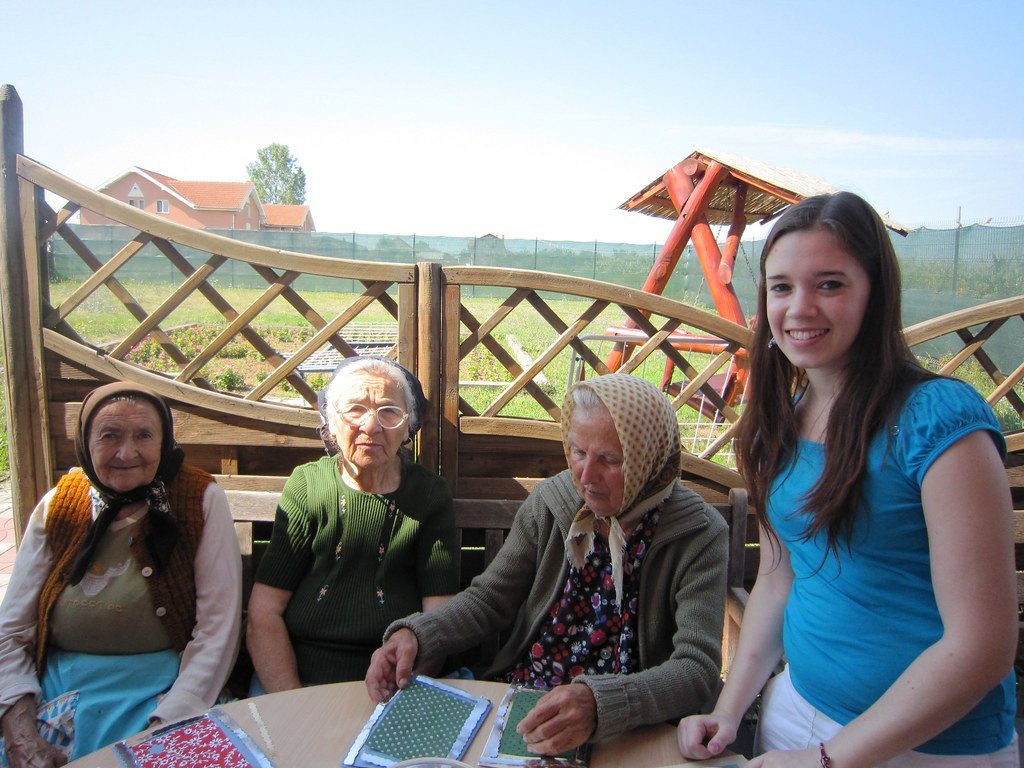 assisted living facilities
assisted living facilities
In recent years, the legal aspects of elderly care, including issues such as power of attorney and wills, have gained significant attention as populations age and families grapple with ensuring the well-being and security of their elderly loved ones. This topic is relevant due to the increasing number of elderly individuals requiring care, as well as the complexities involved in making legal decisions on behalf of aging family members. Prevailing opinions often revolve around the need for comprehensive legal planning to protect the rights and interests of seniors, while controversies may arise regarding issues such as guardianship and end-of-life decision-making.
Exploring the Facets of the Subject
Delving into the various aspects of legal considerations for elderly care reveals a multifaceted landscape. Key subtopics include powers of attorney, which grant individuals the authority to make financial or healthcare decisions on behalf of an elderly person who may no longer be capable, and wills, which outline the distribution of assets after death. Advanced directives, such as living wills and healthcare proxies, are also crucial components of legal planning, allowing seniors to specify their medical wishes in the event of incapacity.
Reputable sources such as the American Bar Association and the National Institute on Aging offer in-depth information on legal considerations for elderly care.
These legal aspects have profound implications for society, industry, and individuals. From a societal perspective, ensuring access to legal resources and protections for seniors promotes autonomy and safeguards against exploitation and abuse. In the industry, legal professionals specializing in elder law play a crucial role in guiding families through the complexities of legal planning, while individuals and families benefit from peace of mind knowing their affairs are in order.
Challenges and Considerations
One of the main challenges surrounding legal considerations for elderly care is navigating the delicate balance between autonomy and protection. Ethical considerations arise regarding decision-making on behalf of incapacitated seniors and ensuring that their wishes and best interests are respected. Debates may also emerge regarding the role of government in regulating elder law practices and protecting vulnerable populations.
Looking ahead, future developments may involve advancements in legal technology, such as online tools and resources for creating legal documents, as well as increased emphasis on interdisciplinary collaboration between legal professionals, healthcare providers, and social workers to address the holistic needs of aging individuals and their families.
Case Studies or Real-world Applications
Consider the case of Mr. and Mrs. Johnson, who consulted with an elder law attorney to create comprehensive estate plans, including powers of attorney and wills, to ensure their assets are protected and their wishes are carried out in the event of incapacity or death. By proactively addressing legal considerations, they have provided peace of mind for themselves and their children.
In another scenario, Ms. Rodriguez, diagnosed with early-stage dementia, worked with her family and healthcare team to establish advanced directives outlining her preferences for medical care and appointing a healthcare proxy to make decisions on her behalf when she is no longer able.
These examples illustrate the practical relevance and benefits of addressing legal considerations for elderly care, underscoring the importance of proactive planning and decision-making.
Conclusion
In conclusion, navigating legal considerations in elderly care is a complex and multifaceted process that requires careful planning, communication, and collaboration. By addressing issues such as powers of attorney, wills, and advanced directives, families can ensure the well-being and security of their elderly loved ones while respecting their autonomy and wishes. As society continues to age and legal frameworks evolve, the conversation surrounding elderly care will undoubtedly remain ongoing, reflecting the evolving needs and values of aging populations.
Q&A Section
- What is a power of attorney, and why is it important for elderly care?
- A power of attorney is a legal document that grants someone the authority to make financial or healthcare decisions on behalf of another person. It’s important for elderly care to ensure that someone trusted can act on their behalf if they become incapacitated.
- What should be included in a will for elderly individuals?
- A will should outline how the individual’s assets will be distributed after their death, appoint an executor to manage their estate, and may include provisions for guardianship of minor children or trusts for beneficiaries.
- What is an advanced directive, and why is it important for seniors?
- An advanced directive is a legal document that allows individuals to specify their healthcare wishes in advance, including preferences for medical treatment and end-of-life care. It’s important for seniors to ensure their wishes are known and respected, even if they are unable to communicate them later.
- How can I find an elder law attorney to help with legal planning for my elderly loved one?
- You can find an elder law attorney through referrals from trusted sources, such as friends, family members, or healthcare professionals, or by searching online directories of legal professionals specializing in elder law.
- What happens if my elderly parent becomes incapacitated and does not have legal documents in place?
- Without legal documents such as powers of attorney or advanced directives, decisions about their care and finances may need to be made through guardianship proceedings, which can be time-consuming, costly, and may not align with the individual’s wishes.
For further reading on legal considerations for elderly care, please explore the following resources:
- American Bar Association – Law & Aging
- National Institute on Aging – Legal and Financial Planning for People with Alzheimer’s Disease
If you or someone you know is in need of legal guidance for elderly care, please fill out our form, and a specialist will reach out to assist you. Your peace of mind is our priority.
Need help? Let us know how we can match you.
